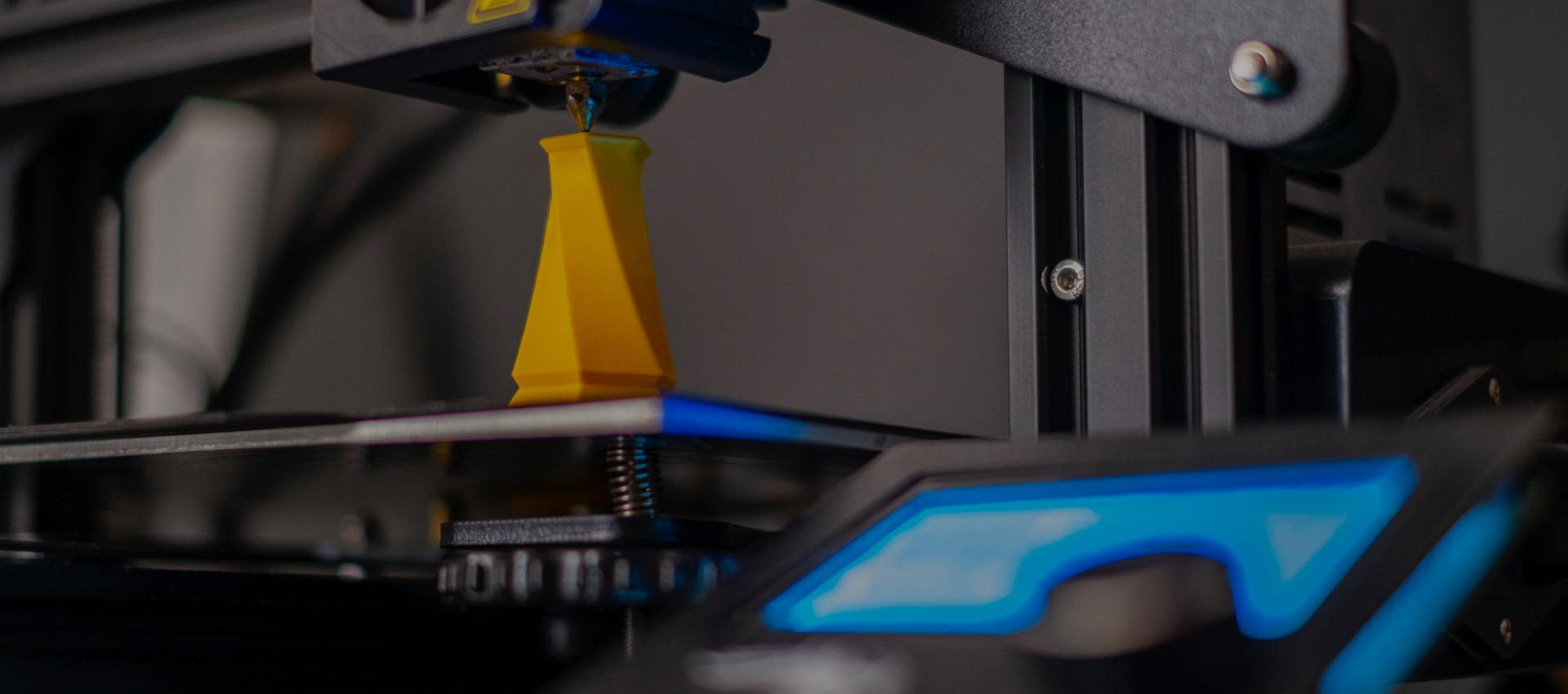About polyuretan

Polyurethane (PU) is a versatile and widely used polymer that belongs to the family of synthetic polymers.
Polyurethane is formed through the reaction between polyols (organic compounds with multiple hydroxyl groups) and isocyanates (compounds with reactive N=C=O groups).
This chemical reaction results in the formation of a durable and resilient material with a wide range of applications, known as polyurethane.
Versatility and Applications
One of the key characteristics of polyurethane is its versatility, making it suitable for various industries and applications. Its physical properties can be tailored to meet specific requirements, ranging from soft and flexible foams to rigid and durable plastics.
The ability to adjust the composition of polyurethane allows manufacturers to produce materials with a wide range of hardness, elasticity, and chemical resistance.
Use in foam production
Polyurethane is widely used in the production of foam, often utilized in the furniture and bedding industries for cushions and mattresses. The material's excellent elasticity and durability make it a popular choice for these applications.
Additionally, polyurethane foam is extensively used in the automotive sector for seat cushions and interior components, providing comfort and shock absorption.
Insulation in the construction industry
In the construction industry, polyurethane serves as an effective insulation material. Its high thermal resistance makes it an ideal choice for insulating walls, roofs, and floors, contributing to energy efficiency and reduced heating or cooling costs. The material's lightweight nature and ease of application also make it a preferred option for insulation purposes.
Protective coatings
Polyurethane coatings are extensively used in various industries to provide protective layers for surfaces. Whether applied to wood, metal, or concrete, these coatings offer resistance to abrasion, chemicals, and weathering. This makes them valuable in applications such as flooring, automotive coatings, and industrial equipment protection.
Adhesives and sealants
The versatility of polyurethane extends to adhesives and sealants, where it is employed for bonding different materials together or creating durable seals. The adhesive properties of polyurethane make it suitable for a wide range of bonding applications, including construction, automotive assembly, and manufacturing processes.
Summary
In summary, polyurethane is a remarkably adaptable material with a diverse range of applications across multiple industries. Its ability to be customized for specific needs, combined with its durability and resilience, makes polyurethane a go-to choice for products ranging from foams and coatings to adhesives and sealants.